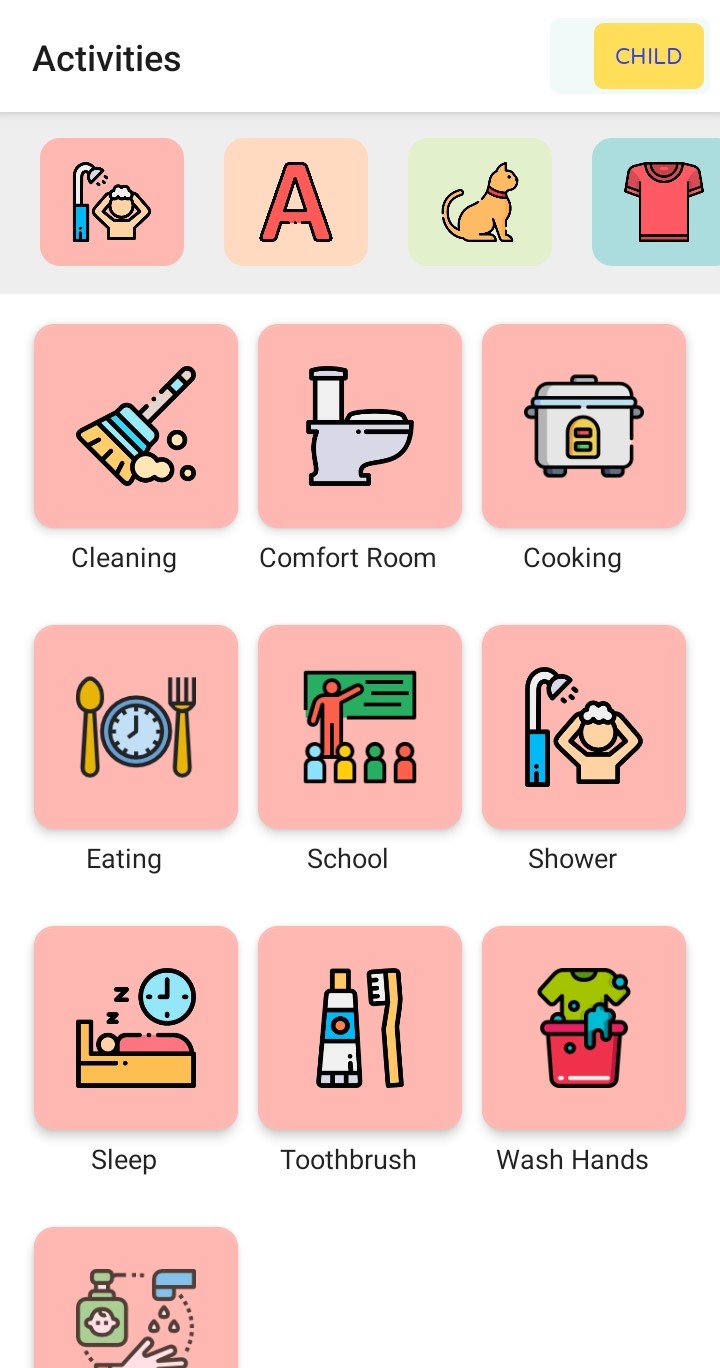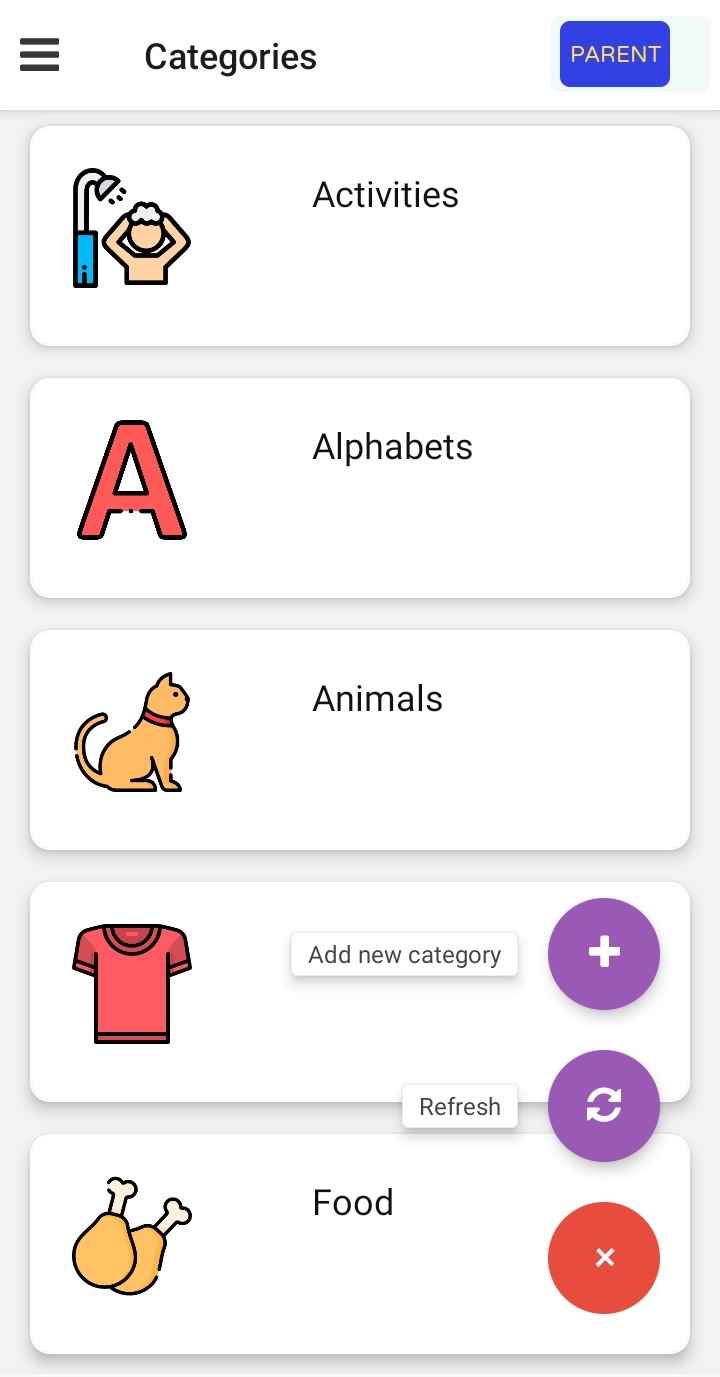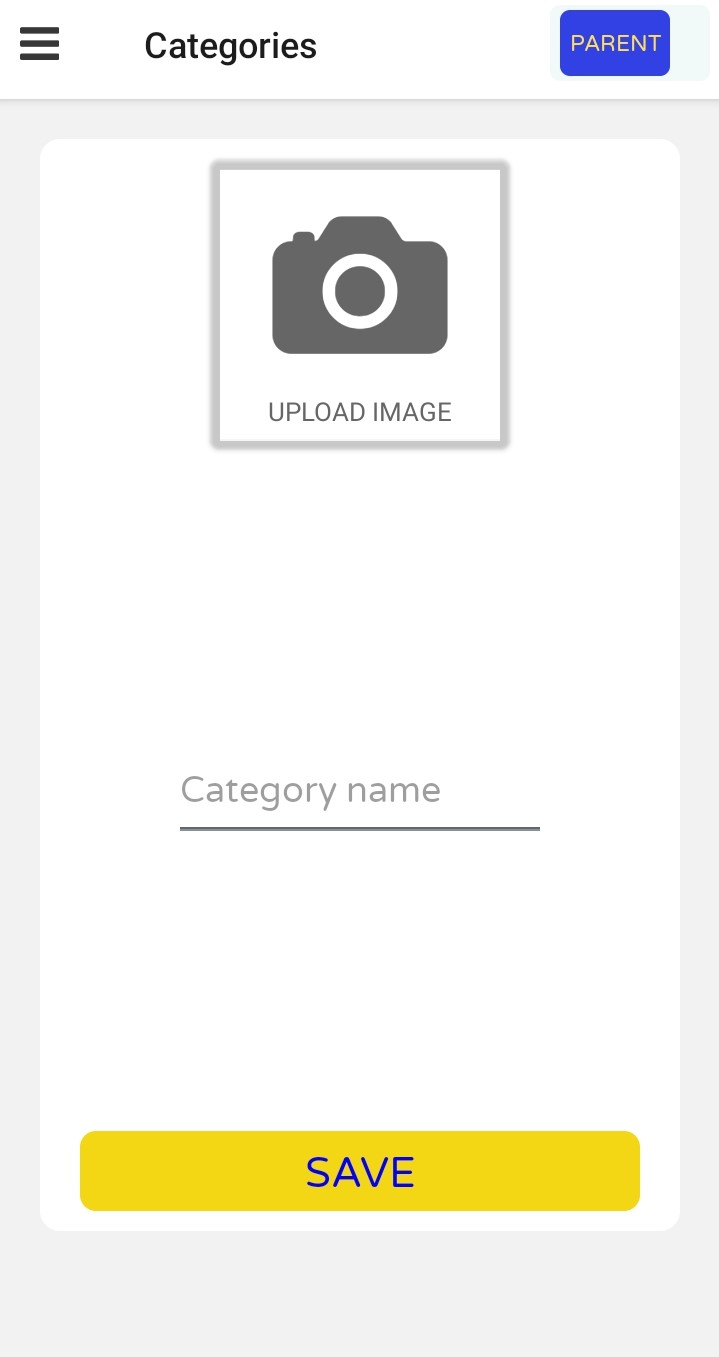Communication. One of the most important skills we have to learn and, to some extent, master—for us to better dwell in our day-to-day living. However, due to some circumstances and conditions, some may not carry out even the basic ones. Nevertheless, as you may know, communication is not limited to speech alone. Communication can be done in many ways, such as using body language (gestures and signs), visuals (words with images), and assistive technology.
Indeed, fostering a non-verbal individual, especially a child, can be at times frustrating and stressful. But, it is important to note that with patience, love, and today’s advanced technology, these challenges can be addressed and even improve communication.
This brings us to this month’s feature: Meet Pic-A-Talk, “an assistive mobile application that helps children communicate using pictures.”
School project to start-up
Hailing from Iligan City, CEO and founder Uma Roa created Pic-A-Talk as a school project in 2017 that aims to address struggling experiences on a daily basis. The project was inspired by her younger sister, who has autism spectrum disorder and speech apraxia. Thus, Pic-A-Talk was designed to help non-verbal individuals, especially kids, communicate using a visual representation of words.
Seeing the potential of the app, the school project’s professor encouraged Roa to explore further and join Hackathons where she will be introduced to the start-up community.
In 2018, Roa and her team joined a start-up weekend in Cagayan de Oro, where CDO Bites incubated them after placing 4th in the competition. The incubation opened them to opportunities not just for improving their product, but also as an entrepreneur.
At present, Pic-A-Talk is under the acceleration program of the IdeaSpace, a non-profit organization that runs founder-focused programs for early-stage tech start-up founders solving emerging market issues. Some of its alumni include Bukid Fresh, TADAH! Philippines, Urban Greens, and Workbean, among many others.
Under the program, they will have access to different mentors specializing in various fields such as business development and marketing that will help them improve and move forward. In addition, they also have a mentor who owns a persons-with-disability (PWD) related start-up called E.A.R.S (a device for people with hearing impairment), giving them access to feedback from the PWD community on how to better their application.
Moving forward
“As for expansion, we do have plans to expand not just for individual children with special needs, but we are also hoping to integrate Pic-A-Talk into the Special Education system here in the Philippines so that it will become the standardized platform for them,” Roa shared in an interview with WhatALife! “Especially [today] during [the] pandemic [that] we are all forced to attend classes online and considering that children with special needs will have difficulty focusing.”
With tons of distractions at home, finding focus in learning for children with special needs will be quite a challenge since they require a lot of attention and care.
“We are hoping to have Pic-A-Talk as a platform for Special Education schools in the Philippines,” she added.
Pic-A-Talk: Speak with pics
Pic-A-Talk app has a child-like look and it’s super easy to use. It has two primary users—the Parent (used by parents/guardians/teachers) and the Child.
Under the Child mode, users will have access to different images of words organized by categories. See the list of default categories below.
- Alphabets
- Numbers
- Activities (e.g. cleaning, eating, cooking, etc.)
- Animals (e.g. cats, dogs, etc.)
- Clothes (e.g. jacket, pants, etc.)
- Food (e.g. apple, burger, cookies, etc.)
- People (e.g. Daddy, Mommy, Teacher, etc.)
- Toiletries (e.g. comb, tissue, towel, etc.)
- Toys
Once a child selects an image, it will then produce a speech output emulating a conversation.
Under the Parent mode, users will be able to add/edit categories and words with images depending on the Child’s needs.

Child Mode User-Interface 
Parent Mode Edit/Add Category 
Parent Mode Edit Category
With this feature, the app can also be used by anyone with speech impairment.
Pic-A-Talk is available for download on Google Playstore. Visit them at https://www.pic-a-talk.com/ or their Facebook page to learn more about the mobile application.
You can help the team improve Pic-A-Talk more by downloading and answering their Open Testing Survey until October 25 to get a chance to win a GrabGifts Certificate. See the survey here!
This 2021, WhatALife! takes on the initiative to feature different Kagay-anon SMEs to support and help promote local products. Check out here for more SME Featured stories!

Leave a Reply